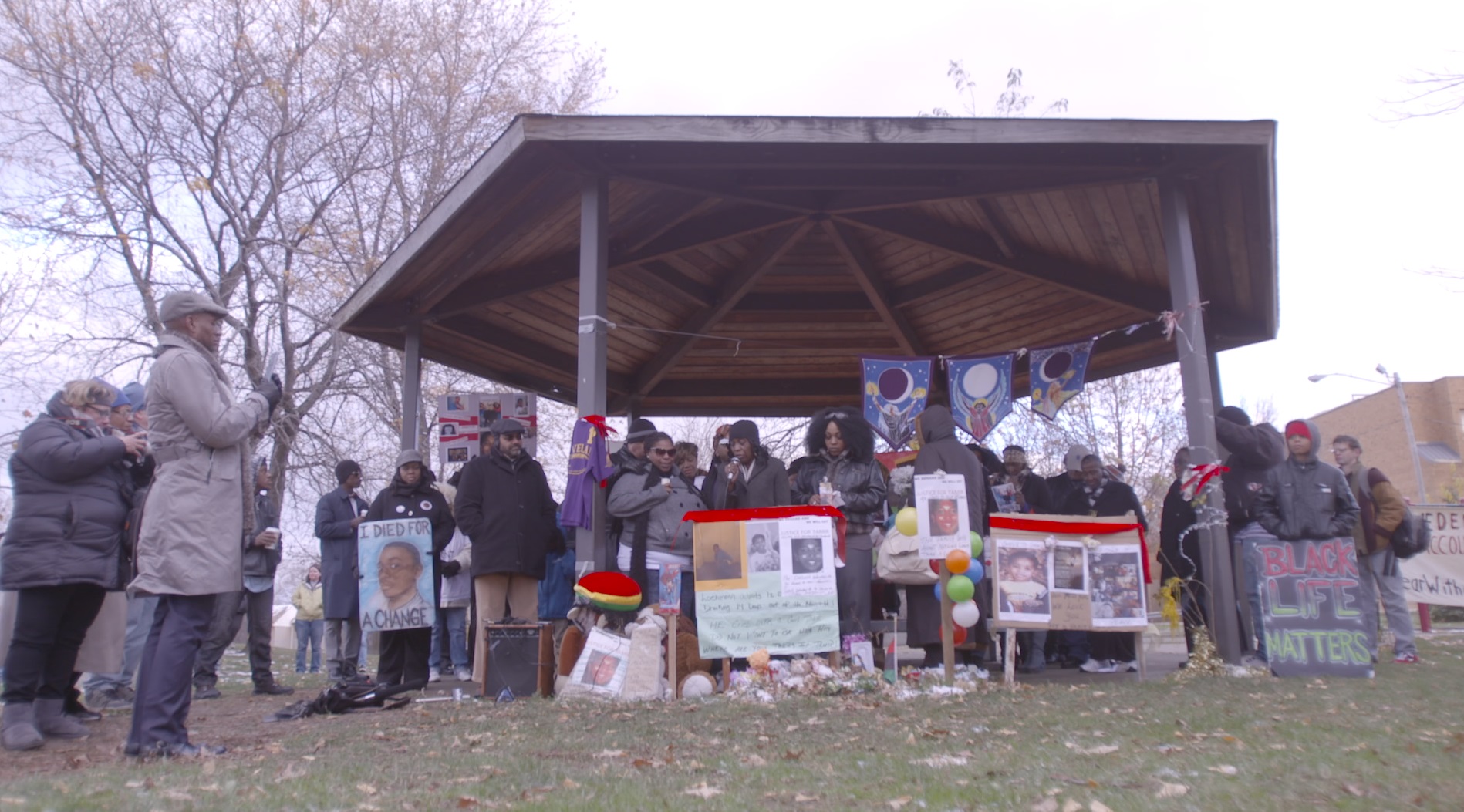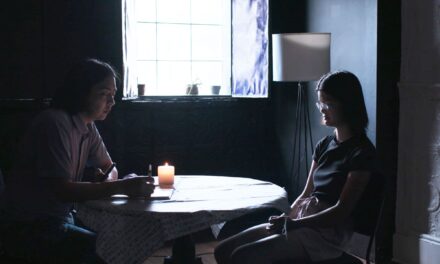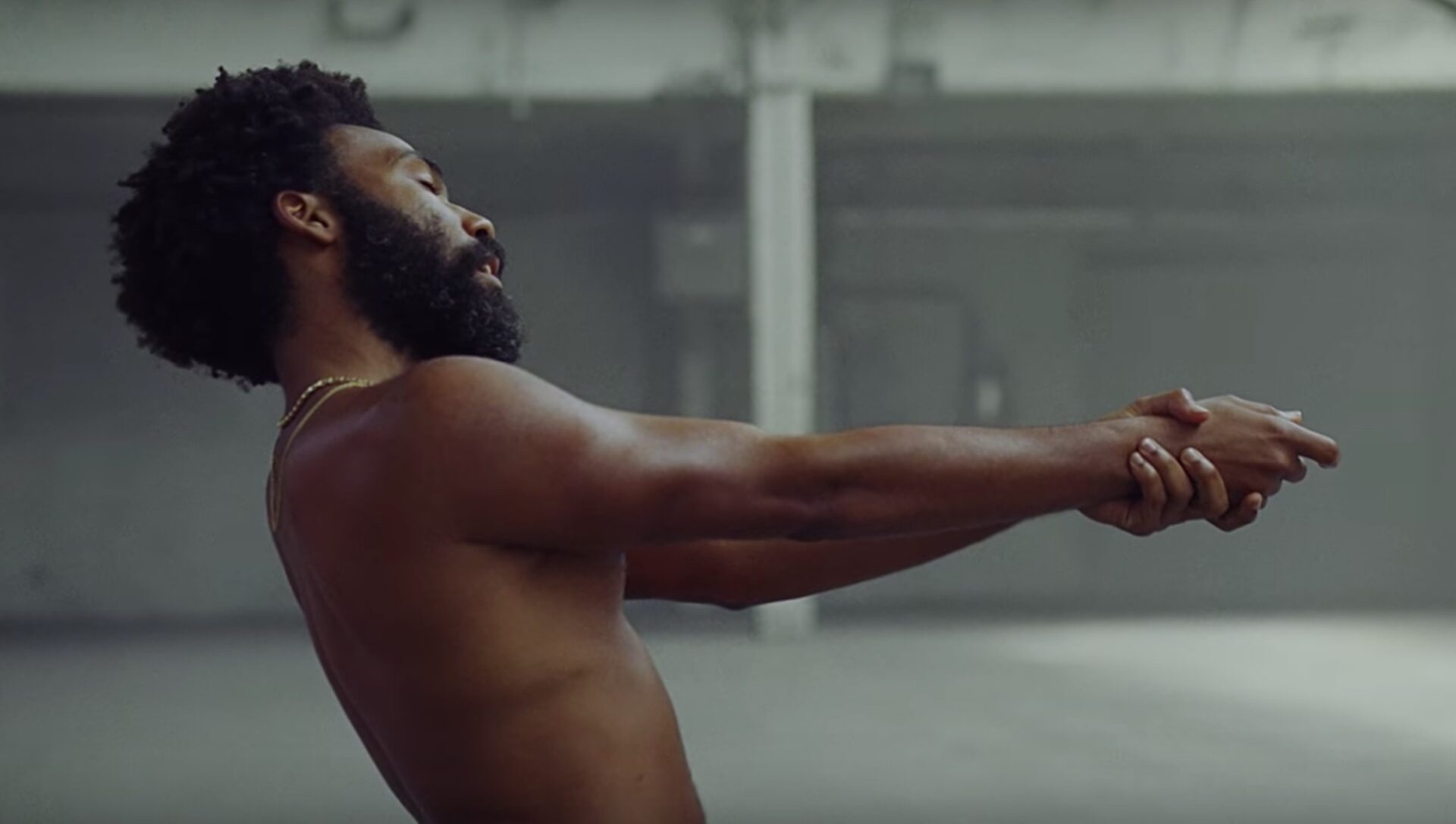Lately there has been a surge of documentaries that focus on racial inequality and institutionalized violence in the United States, and you only have to watch the news in order to understand why there isn’t a lack of material for filmmakers to work with. Black Lives Matter has no shortage of causes and deaths to rally around, and as our highest levels of government call for a greater level of deference to police discretion, it doesn’t seem like this reality is going to change without concerted effort by a vast number of people working in concert. This is the niche that Dispatches from Cleveland finds itself in as a slightly different take on the modern civil rights battle for racial equality.
Separated into five chapters, it would be easy to mistake Dispatches from Cleveland as a broad, tangent-laden overview of racial inequality in one of the nation’s most impoverished cities. What starts as a case study into the police shooting of 12-year-old Tamir Rice abruptly transitions in the second chapter into a conversation about socioeconomic differences within the city based on location and race. But what eventually begins to evolve is a picture of how these issues are interrelated to an inextricable degree, and through the film’s subsequent chapters we are exposed to how a lack of intracommunity empathy has diminished political power in neighborhoods of color, how marginalized queer and trans members of the Black community have largely been silenced in the broader narrative of institutional oppression, and finally how a community can come together to cause institutional changes one election at a time.
That final piece is what keeps the film from being a mess of interrelated tangents without any sort of central thesis. The purpose of this film isn’t so much to be informative, as the people most likely to see this film are members of communities similarly effected by institutional and economic violence and are therefore likely already familiar with the factual basis on which the film is constructed. Instead, director Catherine Gund uses her five chapter structure to build to her thesis at the end, to establish the message that communities can band together to create real change if they only put in the time and effort to get out the vote. It’s a slow-burning message that may at first seem subtextual, but by the powerful ending it becomes clear that this is a directed call to action for oppressed communities.
Dispatches from Cleveland at first appears to be a case study of one young boy’s unjust death, but it expands into a case study for an entire city’s conscience. It’s not a nationwide analysis of systemic oppression like 13th or I Am Not Your Negro, but instead finds its power in a modern example of how individual communities can move forward. And as much as it is important to understand our past so as not to repeat it, knowing how to build our future is just as important. Dispatches from Cleveland shows us how.
Editors note: Dispatches from Cleveland will appear at the Minneapolis St. Paul International Film Festival on April 20 and 23, 2017.













